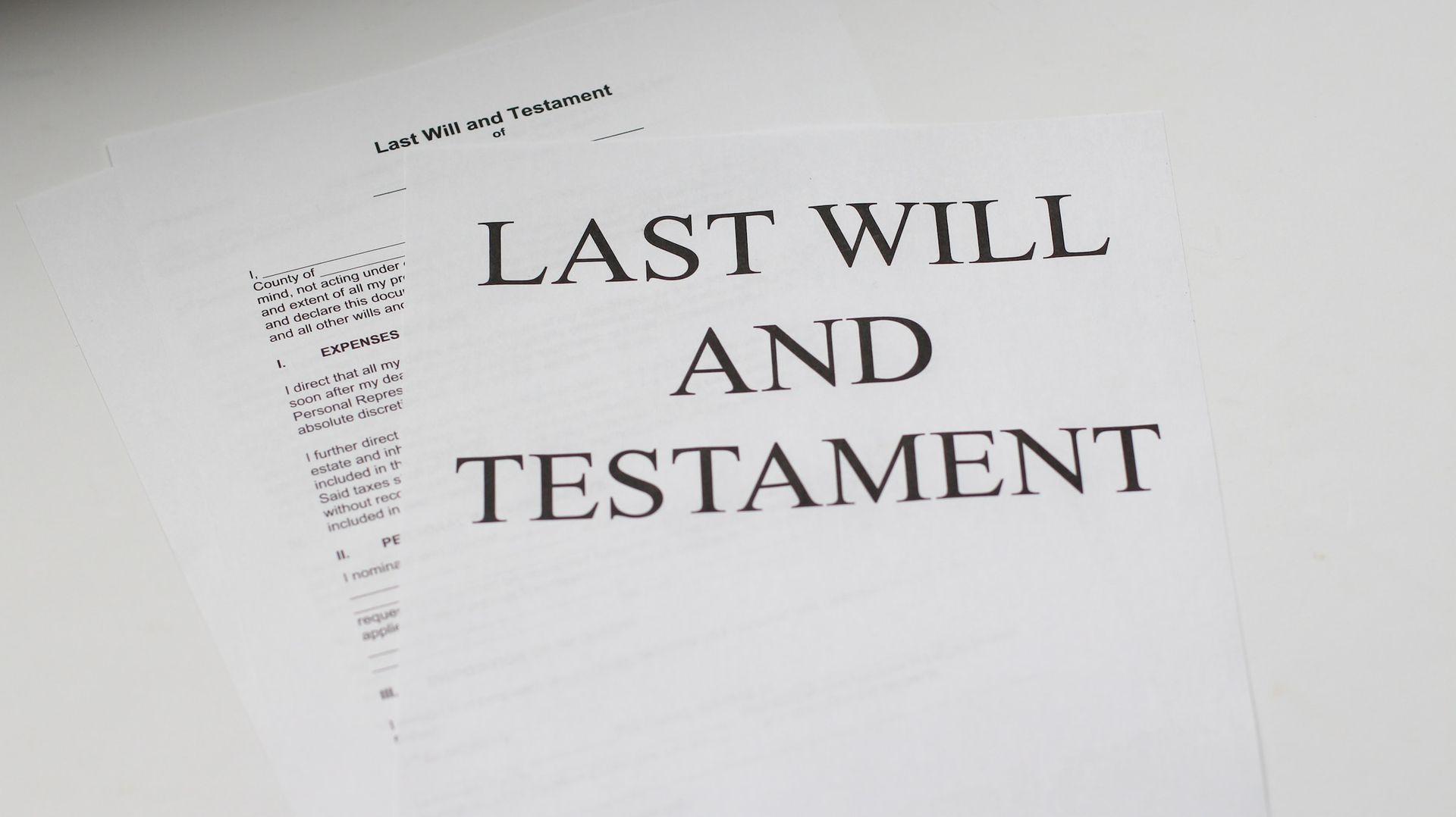Understanding a Short Sale
By: Kirk Waechter
March 28, 2023
When handled right, a short sale can actually be beneficial for all parties involved
A short sale is a transaction in which a lender agrees to accept less than the outstanding mortgage balance from a borrower who is selling their home. The seller is hoping to get the bank to agree to accept less money than what is owed and write off the remaining debt. This is most commonly seen when a homeowner is facing financial difficulties and can no longer afford to make the mortgage payments. Particularly when the property has lost value, a short sale may be the best option to avoid foreclosure.
Short sales are often considered an alternative to foreclosure, which is when the lender takes possession of the property after the homeowner fails to make mortgage payments. This is why short sales are sometimes referred to as pre-foreclosure sales.
Short sales can actually be beneficial for all parties involved. The homeowner is able to avoid foreclosure, the lender is able to avoid the costly foreclosure process, and the buyer is able to purchase the property at a discounted price.
For the homeowner, however, foreclosure may have a negative impact on credit score. A short sale, however, could avoid the need to pay a deficiency judgment, which is a court order requiring the borrower to pay the difference between the mortgage balance and the property’s sale price. In addition to being less damaging to the homeowner's credit than foreclosure, a short sale can also result in additional time to find a new place to live.
For lenders, a short sale can help avoid the costs of foreclosure, which can be significant. It can also alleviate the need to take possession of a property that may be difficult to sell or expensive to maintain in the meantime.
However, short sales are not without their risks. The lender may not approve the short sale, and the homeowner may end up having to pay the remaining balance on the mortgage. The homeowner may also lose money on the sale if the property sells for less than they paid for it.
The short sale process begins with the homeowner submitting a comprehensive document package to the lender. This package typically includes a hardship letter, financial documents, and a property valuation. After a review of the documents, the lender will decide whether to accept the short sale offer.
If the lender approves the short sale, the homeowner will then be able to list the property for sale and negotiate terms with a potential buyer. The lender will usually require the buyer to pay for any closing costs and provide proof of funds to show that they are capable of settling the outstanding debt in full.
Once the short sale is approved by the lender, the homeowner is no longer liable for any remaining debt on the property. The lender absorbs the loss and the homeowner is released from the loan obligation.
Due to the complexity of the short sale process from both a financial and legal standpoint, it's important to work with experienced, qualified professionals like the ones at Prosperity Real Estate & Investment Services. We have tremendous experience handling short sales of all types, and we will make sure you understand all the risks and benefits involved in such an important decision. Give us a call or send an email and tell us what’s happening, and one of our experts will reach out to you.
Do You Have Questions About This?
If you're interested in learning more about this topic, or if you have questions about anything else related to real estate, property management, or insurance, feel free to call us or reach out using the form below. We will get back to you as soon as possible.
Contact Us
We will get back to you as soon as possible.
Please try again later.
You May Also Like

About Prosperity REIS
We are the number one stop in the region for buying and selling real estate. We’ve been serving the Philadelphia area for more than a decade, and we do it with great pride and integrity.
LOCATIONS
36 N 3rd Street
Philadelphia, PA 19106
CONTACT US
OUR COMPANIES
© 2023 Prosperity REIS – All rights reserved









